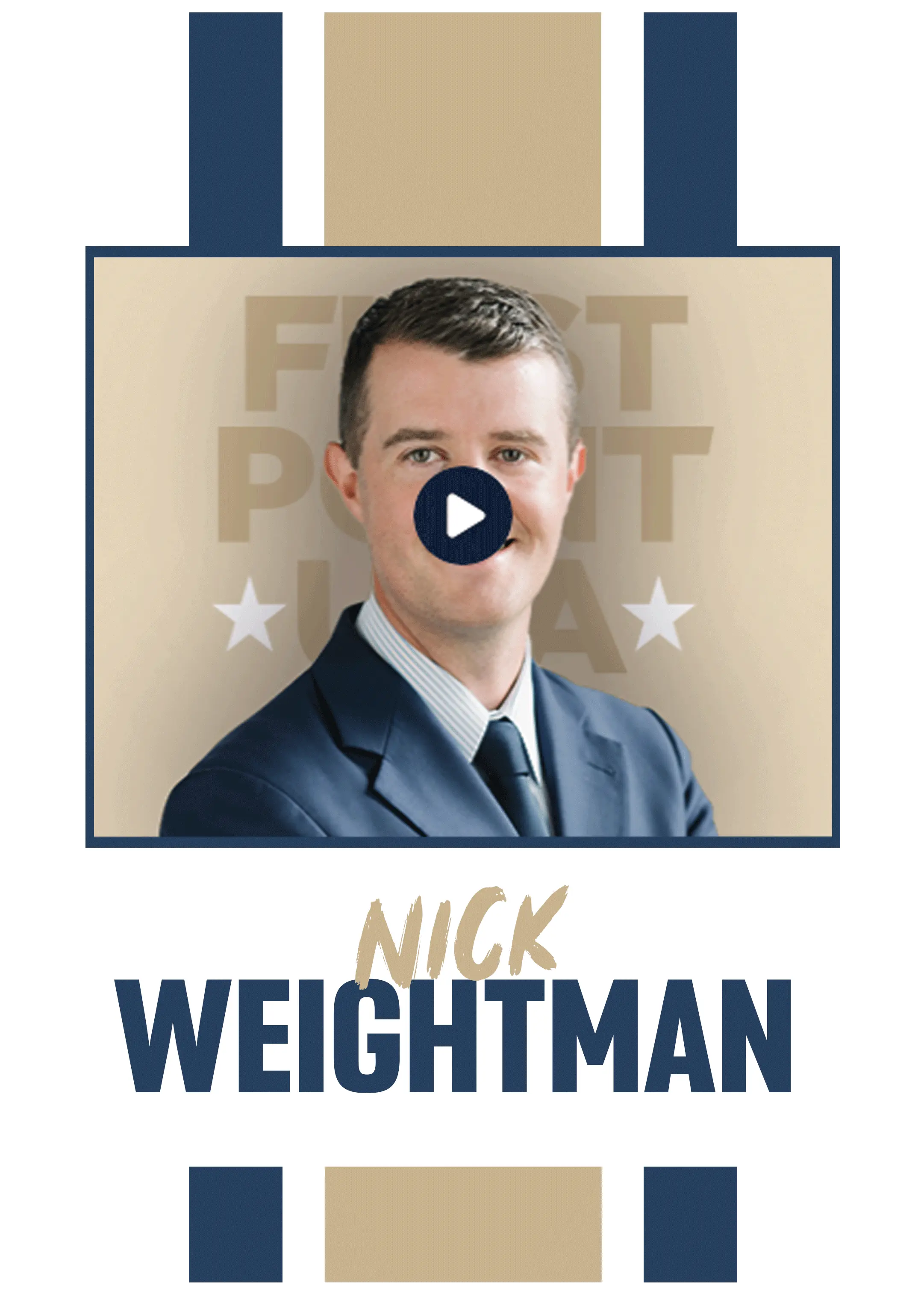The 4,000+ undergraduate institutions in the USA aren’t all the same type of university. There are several categories of institutions, each offering different expectations, experiences and degree types.
Things to know:
- Associate’s degrees take two years to complete and often have a vocational focus
- Bachelor’s degrees are four years in length
- Specialist degrees, like engineering or the performing arts, will have different requirements and application procedures
- Law and medicine are postgraduate degrees - you will need at least a bachelor's degree to apply
- You should always make sure the university is accredited
The Different Types of University
You can take a two-year associate’s degree at these institutions. Community colleges have lower fees and less rigorous admissions requirements than four-year universities.
Many community colleges have agreements with nearby public four-year universities. After your associate’s degree, you might be able to transfer to a university and complete a further two years to gain a bachelor’s degree. This can be an affordable way of attending university in the USA.
Some public universities will consider you eligible for the in-state tuition rate if you have attended a local community college.
Bachelor’s degrees in the USA take four years to complete, giving you room for academic flexibility.
There are several types of four-year institutions, and they might not have ‘university’ in their name; universities can also be called ‘college’, ‘school’, ‘institution’ and more.
As part of the liberal arts philosophy, you are allowed to explore your academic interests during your bachelor’s. You can take classes from a variety of subjects before focusing on your major subject.
These institutions receive the majority of their funding from fee-paying students, private donors and federal research grants.
They usually have smaller student numbers, and the higher fees reflect this.
However, private institutions can have generous funding opportunities available, which can make the net cost of attendance affordable for international students
Public universities are part of an individual state’s education system and receive funding from both the state and federal government.
If you’re from Ohio, you will pay lower fees at a public university in Ohio than a student from California or the UK at that university.
However, public universities often have lower fees than private institutions, even for out-of-state students. As an international student, you will be considered as an out-of-state applicant for all public universities.
State universities can have large campuses and high student numbers.
There are two types of law degrees in the USA, both of which are only studied at the postgraduate level.
LLM
The Master of Laws (LLM) is usually a one-year degree, specialising in an area of law. It is recommended that British students apply for programmes that are relevant to their career in the UK, such as:
- International law
- Transnational arbitration
- International business law
- Tax law
- Legal theory
- Human rights law
The LLM does not automatically qualify you to practise law in the US or the UK.
JD
The Doctor of Jurisprudence (JD) is the traditional route to legal qualification in the USA, preparing students to sit the Bar Exam for the state in which they wish to practise. It is typically a three-year professional programme, with little scholarly or research content.
There are a few reasons why the JD is not recommended for British students without permanent residency in the USA:
- It does not qualify you practise law in the UK
- There is little non-loaned JD funding available to international students
- In order to practise law in the US, you will still need to sit the Bar Exam for the state in which you wish to practise
- After you complete the JD and sit a Bar Exam, there is no guarantee of a job and/or visa sponsorship
- You then have a qualification not valid in the UK, with a potentially large student debt
Additionally, some states, such as New York, will accept the British LLB for entrance to their Bar Exams.
Some states, such as California, will accept students with an LLB and a US-accredited LLM, or the LLB with the LPC/BPTC and successful completion of a training contract or pupillage.
For this reason, many British students prefer to study for an LLM in the USA in between their LLB/GDL and LPC/BPTC, or afterwards. Some solicitor training contracts will even allow you to defer training in order to complete an LLM.
Most universities in the USA share, to varying extents, the liberal arts philosophy of creating well-rounded students, who can engage with the world in an interdisciplinary manner and with a broad skill set in both the arts and the sciences.
Liberal arts colleges (or LACs) embrace this philosophy fully. They are usually small institutions, with student bodies ranging in size from a few hundred to a few thousand students, and a low student-to-faculty ratio. This often allows students to form tight-knit communities with their peers and closer relationships with faculty.
There are typically few or no postgraduate students so all research opportunities are given to undergraduates and classes are taught by professors, rather than graduate students, as may be the case for some classes at research institutions.
LACs also place a focus on teaching excellence and offer a wide variety of course structures - for example the block plan and flexible majors.
The extensive opportunities for undergraduate research mean that liberal arts colleges can be good preparation for graduate school, with a high proportion of LAC graduates going on to master's or PhD programmes, or to research jobs.
These institutions are often parts of consortiums - partnerships between a number of universities which allow students to take courses at partner institutions as part of their degree, thereby expanding the number of course options available.
Many are private but may offer extensive funding opportunities for admitted students.
There are more than 100 Historically Black Colleges & Universities in the US, primarily in the southeastern states, offering degrees at undergraduate and graduate level.
Defined by the Higher Education Act of 1965, the term "HBCU" refers to:
"...any historically black college or university that was established prior to 1964, whose principal mission was, and is, the education of black Americans, and that is accredited by a nationally recognized accrediting agency or association determined by the Secretary [of Education] to be a reliable authority as to the quality of training offered or is, according to such an agency or association, making reasonable progress toward accreditation."
HBCUs include a wide variety of institution types and sizes, from medium-sized public research universities, to small, private and women's and men's colleges.
These institutions offer a high quality education to students from a wide variety of backgrounds, with diverse and supportive campus communities, and often a particular focus on developing leadership.
According to Mary Schmidt Campbell, president of Spelman College in Atlanta, Georgia, “70 percent of black dentists and doctors, 50 percent of black engineers and public school educators, 35 percent of black lawyers are graduates of HBCUs... HBCUs have provided more African American graduates in STEM fields than all Ivy League colleges combined.”
Alumni of Historically Black Colleges & Universities include:
- Oprah Winfrey (Tennessee State University)
- Spike Lee (Morehouse College)
- Kamala Harris (Howard University)
Formed in the 1950s, the Ivy League was an athletic conference between eight of the oldest private universities in the northeastern US. There is a reputation of prestige among these institutions, and many of them regularly feature towards the top of ranking tables.
The Ivy League universities are:
- Brown University
- Columbia University
- Cornell University
- Dartmouth College
- Harvard University
- University of Pennsylvania
- Princeton University
- Yale University
Some of the Ivies are more competitive for admission than the universities of Oxford or Cambridge. The Ivy League is not synonymous with the Russell Group, and there are lots of other equally well-respected and prestigious universities in the USA.
It's more important to find your FIT so make sure you don't focus only on applying to the universities you have heard of. If you're flexible, strategic and open-minded, you stand a much better chance of securing a place and funding at a university that is truly a great fit for you and what you want out of your university experience.
If you choose to study in the USA, it’s important your degree is recognised and accredited to be of a standard comparable to those in the UK.
Higher education institutions in the US are accredited by several national and regional organisations. The two national accreditation bodies are:
- US Department of Education Office of Postsecondary Education
- Council of Higher Education Accreditation
And the six regional accreditation bodies are:
Game-Changing Advice From
Former Student-Athletes




